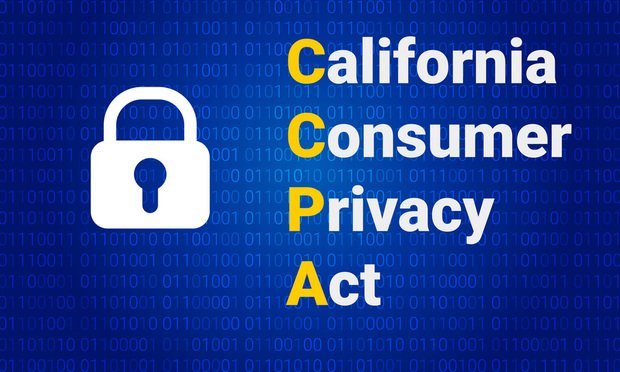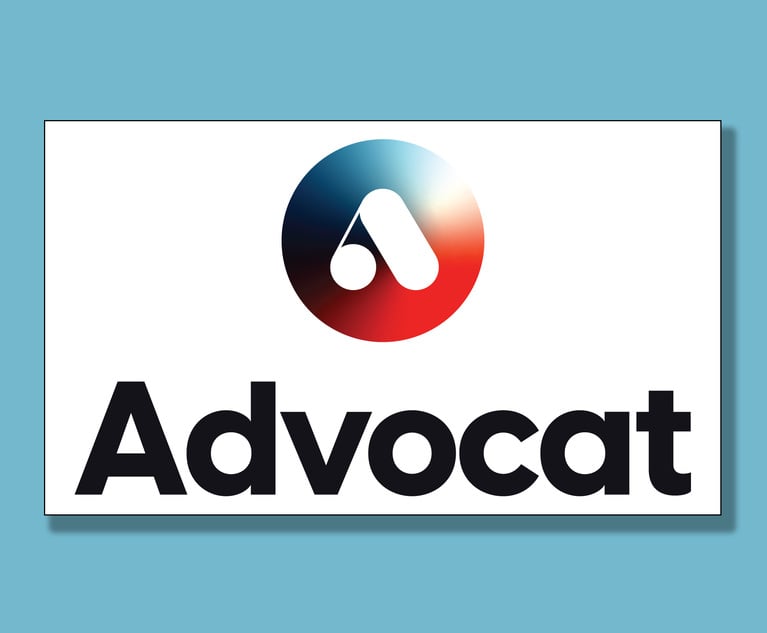The California Consumer Privacy Act (CCPA) officially launched January 1, 2020—but with the enforcement regulations still not finalized, some provisions of the law have not yet been implemented. Organizations that are stuck playing catch up in determining exactly how they’ll comply when full enforcement begins July 1 should focus their efforts on a few key gaps that will have the biggest impacts on compliance:
- The ability to efficiently respond to consumer requests for data;
- Preventing and managing breaches of personal data, and the resulting fines and reputational hazards; and
- Maintaining proper preservation of data needed for civil or criminal litigation.
Coincidentally, these critical gaps tend to track with the biggest mistakes that many companies are currently making in their efforts to comply with the CCPA. There are three primary obstacles that companies are running into—we’ll examine those obstacles below, and offer some defensible practices that can help general counsel and chief legal officers tighten up cross-departmental processes to help with their compliance efforts.







